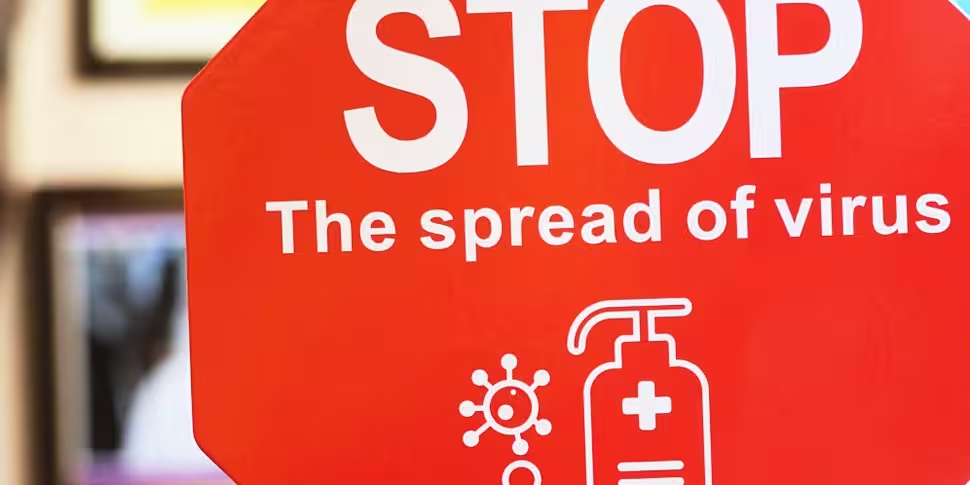It has now been six months since the first case of COVID-19 was confirmed in the Republic of Ireland.
The first case of coronavirus was confirmed in the Republic on February 29th, only days after the first case in Northern Ireland.
28,578 cases have been confirmed in the country since then, as well as 1,777 deaths.
HSE chief Paul Reid said the past half year has seen "much learning, hurt, sorrow, grieving and frustration".
However, he stressed there has also been "inspirational responses" from the public and healthcare workers.
It's been a long 6 months since the first #Covid19 case confirmed here. Much learning, hurt, sorrow, grieving & frustration. But there's also been inspirational responses from the public and healthcare workers. A more difficult phase now but the same virus. #StaySafe @HSELive
— Paul Reid (@paulreiddublin) August 29, 2020
It comes as the latest European figures show Ireland's coronavirus rate is currently higher than countries such as the UK, Germany and Sweden.
The 14-day cumulative number of COVID-19 cases now stands at 32.3 per 100,000, compared to 21.0 in Germany, 22.9 in the UK and 28.9 in Sweden.
However, ten other European countries are reporting higher rates than Ireland, including Spain (205.5) and France (81.9).
Sweden has received significant attention for its coronavirus approach, which saw authorities introduce significantly lighter restrictions than many other countries.
However, the country has reported a much higher death rate than its Scandinavian neighbours, with over 5,800 deaths to date.
Spikes
DCU Professor Anthony Staines, meanwhile, believes there will be peaks and troughs until a vaccine is found.
He is part of the Zero COVID group, which has created a model indicating there could be spikes of the disease every two to four months.
Professor Staines said: "The Government's policy at the moment is to suppress the virus down to low levels.
"We agree with that - [but] what we're saying is that when we're suppressing it down to low levels, we have the conversation about whether we want to bring it down to zero.
"Do we keep going until we get it down to zero, or do we say 'it's down to a lower level, let's sit back and relax'... then wait for it to go up and again and take some more action?"









